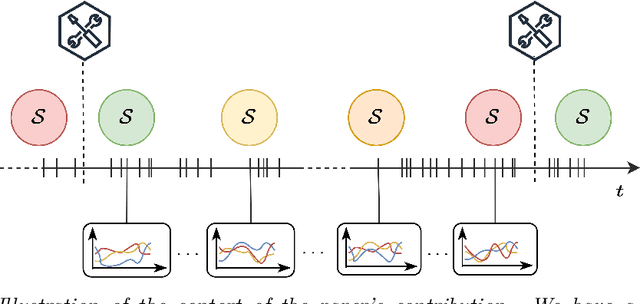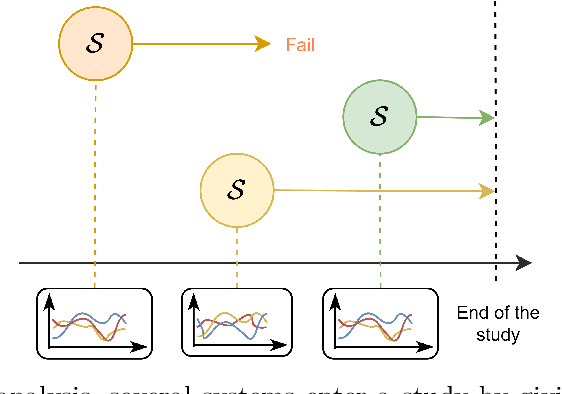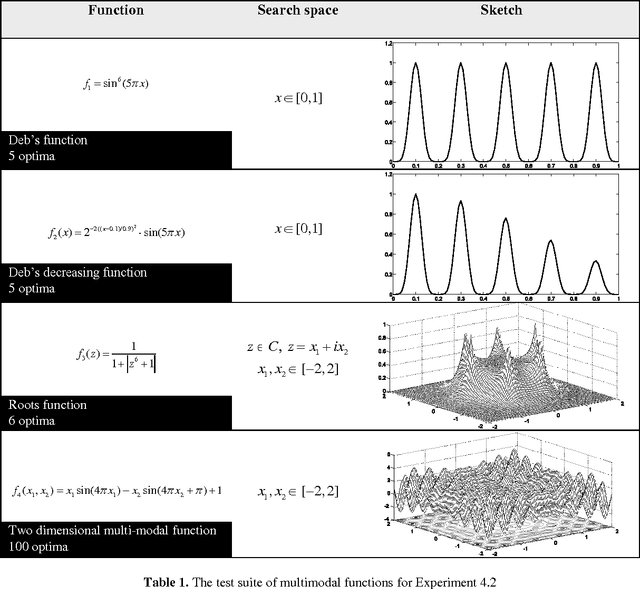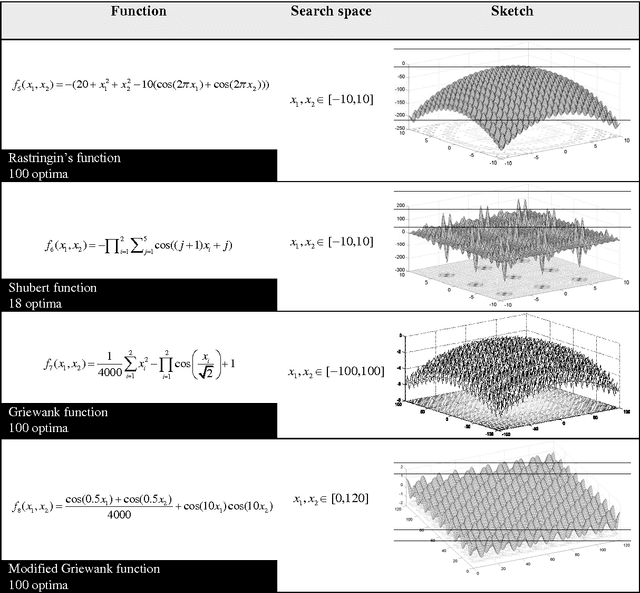Mauricio Gonzalez
Universal hidden monotonic trend estimation with contrastive learning
Oct 18, 2022



Abstract:In this paper, we describe a universal method for extracting the underlying monotonic trend factor from time series data. We propose an approach related to the Mann-Kendall test, a standard monotonic trend detection method and call it contrastive trend estimation (CTE). We show that the CTE method identifies any hidden trend underlying temporal data while avoiding the standard assumptions used for monotonic trend identification. In particular, CTE can take any type of temporal data (vector, images, graphs, time series, etc.) as input. We finally illustrate the interest of our CTE method through several experiments on different types of data and problems.
An optimization algorithm for multimodal functions inspired by collective animal behavior
Jun 30, 2014



Abstract:Interest in multimodal function optimization is expanding rapidly since real world optimization problems often demand locating multiple optima within a search space. This article presents a new multimodal optimization algorithm named as the Collective Animal Behavior (CAB). Animal groups, such as schools of fish, flocks of birds, swarms of locusts and herds of wildebeest, exhibit a variety of behaviors including swarming about a food source, milling around a central location or migrating over large distances in aligned groups. These collective behaviors are often advantageous to groups, allowing them to increase their harvesting efficiency to follow better migration routes, to improve their aerodynamic and to avoid predation. In the proposed algorithm, searcher agents are a group of animals which interact to each other based on the biological laws of collective motion. Experimental results demonstrate that the proposed algorithm is capable of finding global and local optima of benchmark multimodal optimization problems with a higher efficiency in comparison to other methods reported in the literature.
* 18 Pages. arXiv admin note: text overlap with arXiv:1405.5164
 Add to Chrome
Add to Chrome Add to Firefox
Add to Firefox Add to Edge
Add to Edge